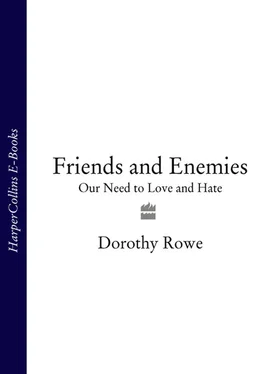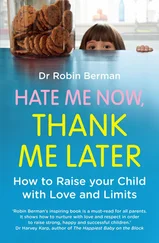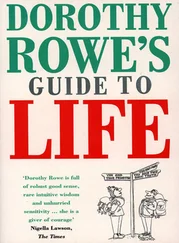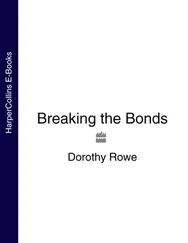Only one of the women had rated friendship as completely easy, but she had written, ‘I seem to offer and receive a very durable and rewarding level of friendship, but I do screen people out if I don’t take to them.’ Only one man had rated friendship completely easy, but in the two days I was with the workshop group I saw how he worked ceaselessly to make and to maintain friendships. I could see why when he told me of one of the worst experiences of his life when, in his last year at school, all his friends left and he was completely alone facing what he felt was his annihilation as a person. He now put a great deal of highly skilled work into making sure that that never happened again.
Creating and maintaining friendships and overcoming enmities are not easy tasks. Ed Cairns, a psychologist who had studied the effects the Troubles in Northern Ireland had had on the people there and who was an elder of the Presbyterian Church, told me, ‘I think that for us to move on, all that we have to do in Northern Ireland is to learn to tolerate each other at some level; we don’t actually have to learn to love each other; we don’t have to learn to forgive each other. It would be nice if these things come about, but I think in the first instance we just have to tolerate each other, which people are often not prepared to do at the moment.’
My friend Judy told me, ‘I’m prepared to put in the work it takes to become friends with people. It takes work, it takes a while, doesn’t it? You can’t just walk into a party and pick up four people, it takes a whole lot of work. You say, well, come over and have a coffee, and you find out if you’ve got anything in common or not, and vice versa, and maybe you never see them again. And if you’ve got something, great, and it goes on from there. It’s a sort of commitment.’
With her lifelong devotion to friends and friendship Judy would see much truth in what Andrew Sullivan said of that which is central to the experience of gay men: friendship. He wrote, ‘It is a form of union which is truer than love, stabler than sex, deeper than politics and more moral than the family.’ 15
However, friendship is always open to betrayal, and betrayal, real or imaginary, is always at the heart of enmity. Aaron Hass, writing about the betrayals experienced by Jews in the Holocaust, said, ‘Betrayal leaves one feeling exceedingly alone. The boundary between I and Other becomes impermeable, perhaps forever.’ 16
Friends and enemies, closeness and isolation. When friendship is so vital to us, why do we betray and are betrayed? Why is it that we find that most precious condition, friendship, so difficult?
Конец ознакомительного фрагмента.
Текст предоставлен ООО «ЛитРес».
Прочитайте эту книгу целиком, купив полную легальную версию на ЛитРес.
Безопасно оплатить книгу можно банковской картой Visa, MasterCard, Maestro, со счета мобильного телефона, с платежного терминала, в салоне МТС или Связной, через PayPal, WebMoney, Яндекс.Деньги, QIWI Кошелек, бонусными картами или другим удобным Вам способом.












